Donald Trump’s own ideas will shape America. But he can’t enact them alone.
His top team will tackle issues like immigration, the threat of China and shrinking the federal government.
These are the key people selected to deliver Trump’s most high-profile policies.
Among them are a South Dakota farmer, a Democratic defector and the world’s richest man…
Donald Trump’s own ideas will shape America. But he can’t enact them alone.
His top team will tackle issues like immigration, the threat of China and shrinking the federal government.
These are the key people selected to deliver Trump’s most high-profile policies.
Among them are a South Dakota farmer, a Democratic defector and the world’s richest man…
Donald Trump is already enacting swift and radical changes.
Since returning to the US presidency, he has signed a number of orders, aimed at cracking down on illegal immigration and reshaping the federal government.
The people he has chosen for the most powerful jobs share a common theme – loyalty to the top man. But each individual also brings their own ideas about how to enact Trump's policies.
We look at five factions who will be entrusted to deliver some of his most discussed pledges, and ask our experts to assess how effective, or troublesome, these lieutenants might be.
Immigration: The border hardliners
This is one of Trump’s biggest campaign pledges – to secure the border and expel people who have come into the US illegally.
Upon his return to the White House, Trump has issued a flurry of immigration-related executive orders, paving the way for broad measures against undocumented migrants in the US.
While Trump has vowed "mass deportations" and arrests, it is still unclear how much of his plan is already under way.

Kristi Noem
Homeland security secretary
“Every illegal alien’s first act in our country was to break the law.”
The four-term congresswoman who became governor of South Dakota in 2018 drew national attention with her outspoken rejection of mask mandates and lockdown measures during the Covid pandemic.
In the midst of the pandemic, Noem celebrated the Fourth of July with Donald Trump at her state’s Mount Rushmore national memorial.
She has been very critical of the border policies of former US President Joe Biden.
Noem refused to accept Afghan refugees and was the first governor to send members of her state’s national guard to Texas to help with border enforcement.
At her Senate confirmation hearing, she promised to lead a crackdown on immigration by securing the "war zone" at the US-Mexico border and deporting unauthorised migrants.
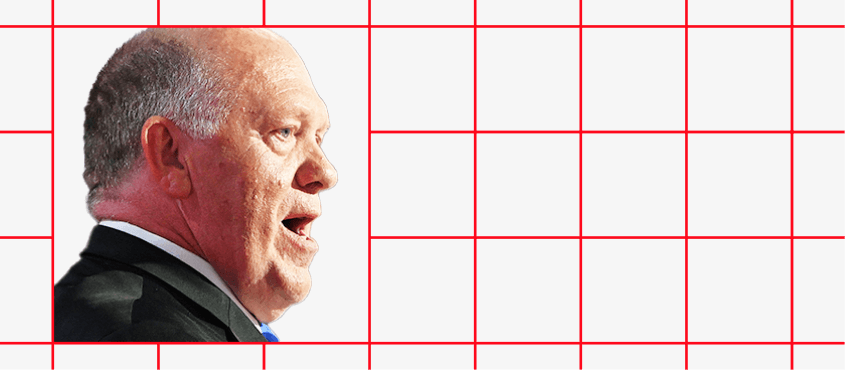
Tom Homan
Border tsar
“This is the biggest national security vulnerability this nation has seen since 9/11 and we have to fix it.”
With a decades-long career working as a US border enforcement officer, the former policeman who once ran Immigration and Customs Enforcement (Ice) seems the ideal pick for one of Trump’s top tasks.
He was an early advocate of separating children from their parents or caregivers who crossed the border without documentation, which became one of Trump’s more controversial immigration policies during his first presidential term.
Homan is a regular commentator on conservative television news channels, where he has taken a confrontational attitude toward Democratic politicians who are unwilling to cooperate with federal immigration enforcement efforts.
Analysis: Delivering the crackdown
Aside from the economy, polls repeatedly suggested that immigration and the border with Mexico were primary concerns for many voters. Putting Homan and Noem at the helm – with another hardliner Stephen Miller in charge of border policy – suggests Trump is serious about delivering on his promises. But mass deportations and workplace raids could put him on a collision course with Democratic-leaning states and jurisdictions that may decide to push back or not co-operate. Some Republican states – whose economies rely, in part, on immigrant labour – may also object. And if families are separated again, as they were in Trump’s first term, or American citizens are deported alongside undocumented relatives, public opinion could turn quickly.
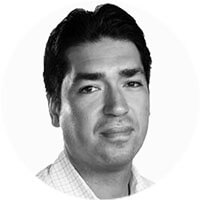
Foreign policy: The China hawks
Many conservatives believe that China poses the single greatest threat to continued US global dominance, both economically and militarily.
While Trump has been more circumspect, limiting most of his China critiques to the realm of trade, he is filling his foreign policy team with vocal China critics who will likely help push through Trump’s pledge for high tariffs.

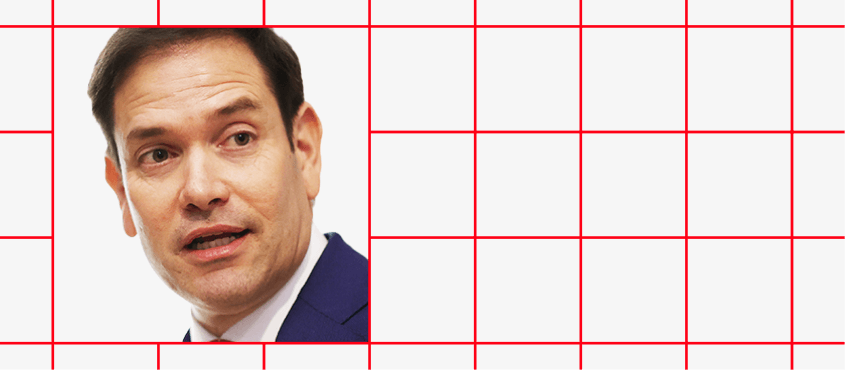
Marco Rubio
Secretary of state
“The threat that will define this century is China. And we will need a whole-of-society – not just government – effort to match them.”
A senator who has represented Florida since 2011, Cuban-American Rubio is a veteran public official who once supported bipartisan immigration reform and was an early vocal critic of Trump.
The two developed a sometimes heated rivalry when Rubio ran unsuccessfully for the Republican presidential nomination in 2016, but he later endorsed Trump.
In recent years, he has aggressively defended Trump on the campaign trail and in media appearances.
Part of the Senate intelligence and foreign relations committees, he is known for his hard-line positions on Iran and the Russia-Ukraine conflict, as well as China.
At 53 years old, he still may retain White House ambitions and could use the Department of State posting to elevate his national profile.
On inauguration day, the Senate confirmed Rubio as the first member of Trump's new cabinet.


Michael Waltz
National security adviser
“Authoritarian regimes are emboldened by perceived weakness, whether it’s fair or not – it’s their perception. And they are deterred by strength.”
A decorated military special forces veteran, Waltz is a congressman who represents Florida like Rubio.
He, too, has talked tough on China – having argued as chair of a House subcommittee for the US to prepare more for conflict in the Pacific.
In 2022, he was one of the first members of Congress to call for the United States to boycott the Winter Olympics in Beijing.
He has criticised the positions of the outgoing administration – including over the troop withdrawal from Afghanistan.
He has also criticised US military policies that he says emphasise racial and gender diversity, equity and inclusion over war-fighting capability.
Analysis: Most consequential relationship
In his first term, Trump triggered a trade war with Beijing and labelled Covid the “Chinese virus”. But he also heaped praise on President Xi Jinping as a “brilliant” leader ruling with an “iron fist”. This unpredictability could make managing America’s most consequential strategic relationship even harder. Rubio might also clash with Tulsi Gabbard, Trump’s pick for director of national intelligence, who previously criticised him on foreign policy, saying he “represents the neocon, warmongering establishment”.

Efficiency: The cost-cutters
Trump chose two tech figures – Elon Musk and Vivek Ramaswamy – to lead a cost-cutting effort dubbed the "Department of Government Efficiency" (Doge) as part of his drive to cut the size of the government.
Musk has floated a possible $2tn (£1.6tn) in spending cuts, vowing to send "shockwaves" through the government.
Ramaswamy, who backed eliminating the tax-collecting agency, the IRS, and the Department of Education, left the Doge hours after Trump took office.
It remains to be seen how the Doge – which is not an official government department – will operate.


Elon Musk
Government efficiency
“Threat to democracy? Nope, threat to BUREAUCRACY!!!”
The South Africa-born boss of X, Tesla and SpaceX, among other ventures, is the world's richest person.
He’s known for his opposition to perceived government overregulation, his combative social media presence and his zealous cost-cutting after acquiring X (then Twitter).
Musk long resisted efforts to label his politics, but emerged in 2024 as one of Trump’s top-spending supporters, pouring hundreds of millions into re-election efforts and appearing alongside Trump and at solo events in key battlegrounds states.
He has suggested that transitioning to new technologies can make government smaller, more effective and more efficient.
Analysis: Empowering campaign cheerleaders
The appointments are an acknowledgment of the help Trump got on the campaign trail from Musk and Ramaswamy. But time will tell what power they go on to have – the department is not an official agency and can only advise on spending, which is partially controlled by Congress. Deep cuts are at odds with Trump’s other promises, such as leaving social security and Medicare untouched.

All change: The disruptors
A number of Trump’s appointees have been given roles aimed at aggressively challenging the status quo.
The president-elect has picked particular fights in each of the areas they would oversee – Kennedy in the Department of Health and Human Services and Gabbard as director of national intelligence.

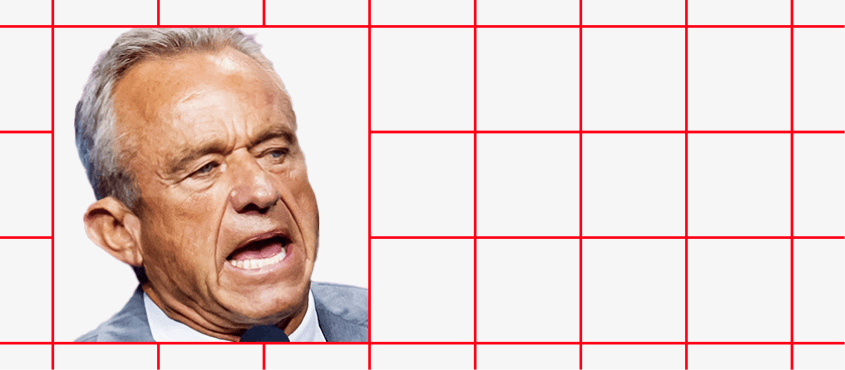
Robert F Kennedy Jr
Health and human services
“Ultra-processed food is driving the obesity epidemic. When we get President Trump back in the White House and me to Washington, we’re going to fix our broken food system and make America healthy again.”
Trump’s pick is a longtime lawyer and environmentalist from the nation’s most famous Democratic family.
Despite having no medical qualifications, he would have broad remit over US federal health agencies – including those that oversee approval of vaccines, whose use he wants to review.
Some of Kennedy’s stated aims, for example on water fluoridation, are bound up with misinformation.
On other matters he has more public support, for example in scrutinising the food system and the use of additives.
Kennedy initially sought the 2024 Democratic presidential nomination then switched to an independent bid for the White House.
He ultimately abandoned that campaign and endorsed the former president, solidifying an unlikely alliance that landed him a key spot in Trump’s cabinet.


Tulsi Gabbard
National intelligence
“(Trump) exercised the courage that we expect from our commander-in-chief… having the courage to meet with adversaries, dictators, allies and partners alike in the pursuit of peace, seeing war as a last resort.”
A military veteran who served with a medical unit in Iraq, Gabbard has routinely opposed American foreign policy.
In 2017, while a Democratic congresswoman, she had a meeting with the then-president of Syria, Bashar al-Assad, and cast doubt on US intelligence assessments blaming him for using deadly chemical weapons.
After Russia invaded Ukraine five years later she blamed Nato and echoed a Kremlin claim that there were US-funded biolabs in Ukraine.
Her shift from left-wing backer of Bernie Sanders to vocal Trump advocate makes for an unusual political journey.
But her anti-establishment, anti-interventionist attitudes have been consistent throughout.
Analysis: Harnessing the bomb-throwers
Kennedy and Gabbard might be among the most determined supporters of Trump’s plan to dismantle the bureaucratic “deep state”. Both appointees frequently tip over into conspiracy. But bomb-throwers can also make unruly subordinates. Kennedy wants stricter regulation across food and farming industries, which may collide with Trump’s government-slashing agenda. And Gabbard, a fierce critic of American power, will be working for a president who is not afraid to use it – for instance, against Iran.

Economy: The tariff enforcers
Key picks will help spearhead a trade and tariff agenda that Trump vows will protect American jobs.
They could be asked to execute the import taxes that Trump has threatened on goods arriving in the US, including from top trade partners China, Canada and Mexico.

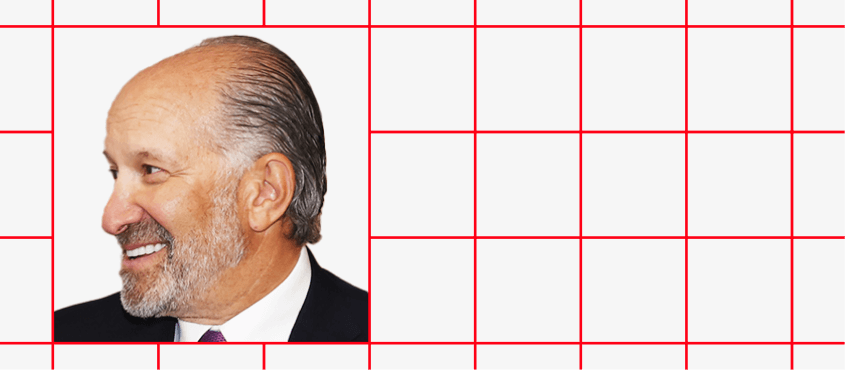
Howard Lutnick
Commerce secretary
“It’s a win-win situation… we‘ll make a bunch of money on the tariffs, but mostly, everybody else is going to negotiate with us.”
Lutnick is the billionaire chief executive of financial firm Cantor Fitzgerald – a company he rebuilt after it lost 658 employees in the 9/11 attack on the World Trade Center.
His role as a major Trump campaign donor landed him a job as transition team co-chair, where he will be involved in filling thousands of job openings in the new administration.
He is also the president-elect’s pick to serve as secretary of commerce.
He has vocally backed Trump’s economic plans, including wide-ranging tariffs – which the commerce department would be tasked with enforcing – as well as deregulation of cryptocurrencies and the elimination of income tax.
His embrace of those views have put him out of step with many in his industry, which tends to see tariffs as bad for corporate America.

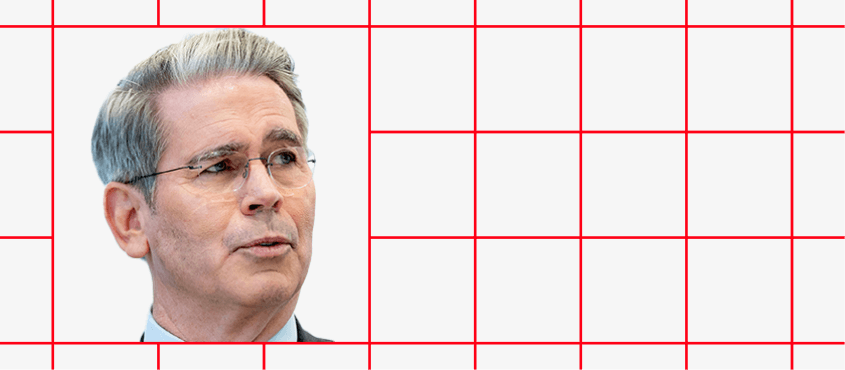
Scott Bessent
Treasury secretary
“Like Alexander Hamilton, we should not be afraid to use the power of tariffs to improve the livelihoods of American families and businesses”
Bessent is also a veteran financier, whose appointment was viewed as fairly safe by many on Wall Street.
He brings a relatively conventional CV to the wide-ranging treasury secretary brief, including a stint with billionaire George Soros, one of the most prominent and prolific Democratic campaign contributors.
Bessent is now firmly in the conservative camp, however, backing budget cuts, deregulation, and increased investment in US oil production.
While he supports Trump’s calls for new tariffs on imports, like Lutnick he has suggested that Trump sees tariffs primarily as a negotiating tool and not as a permanent source of US revenue.
Analysis: Trump’s bargaining chip
Trump has shown consistent appetite for tariffs – both as an economic theory and an all-purpose tool to muscle countries on various issues. But his plans conflict with other priorities like a sunny stock market and bringing down inflation, raising questions about what costs he is prepared to stomach. Trump’s economic team represent some of the most experienced players in his administration. Though loyal to their boss’s ideas, their relatively moderate backgrounds came as a relief to markets. That is a sign of both the value Trump places on what Wall Street thinks – and the delicate task his team faces in balancing his competing economic agendas.


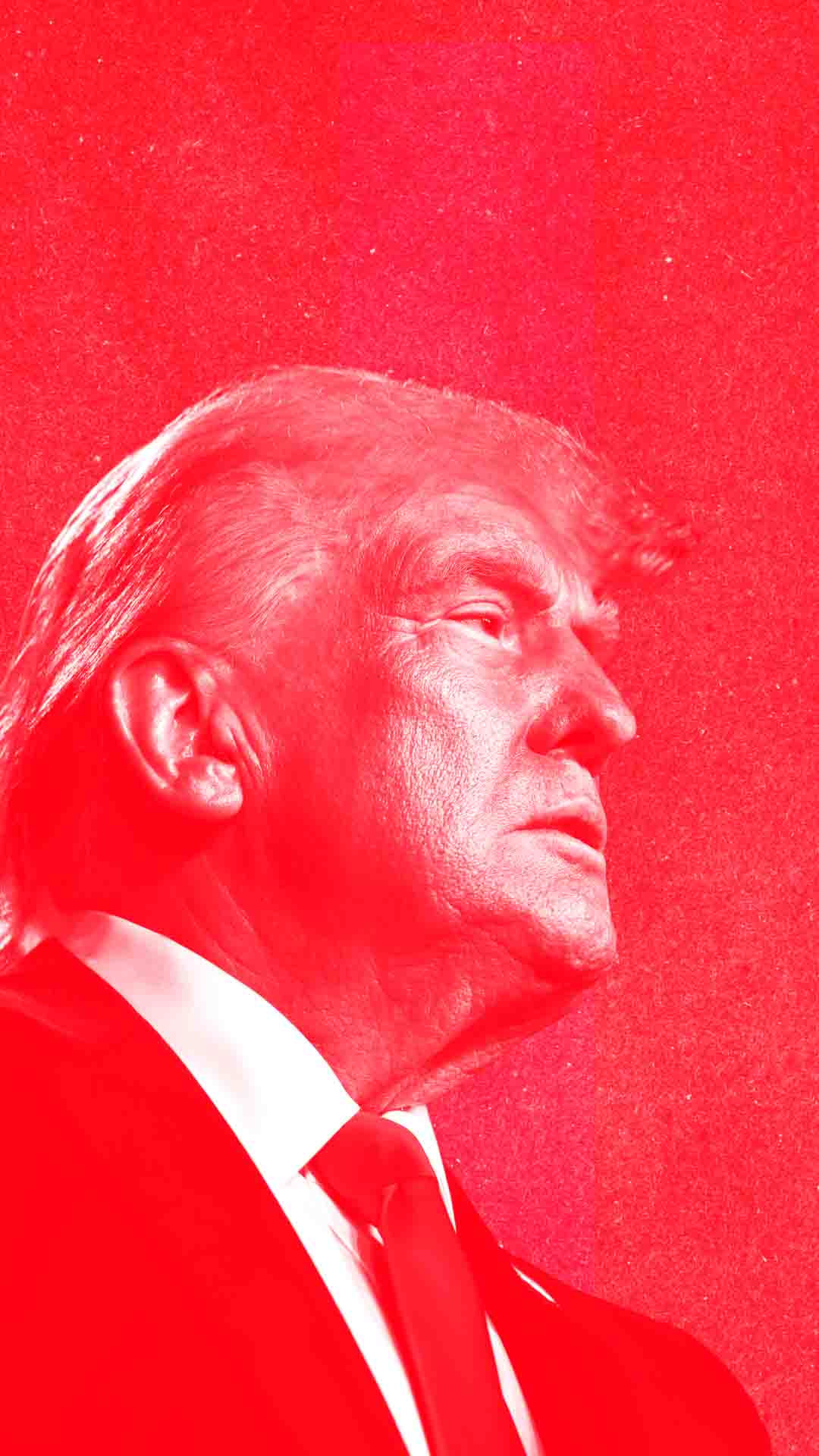
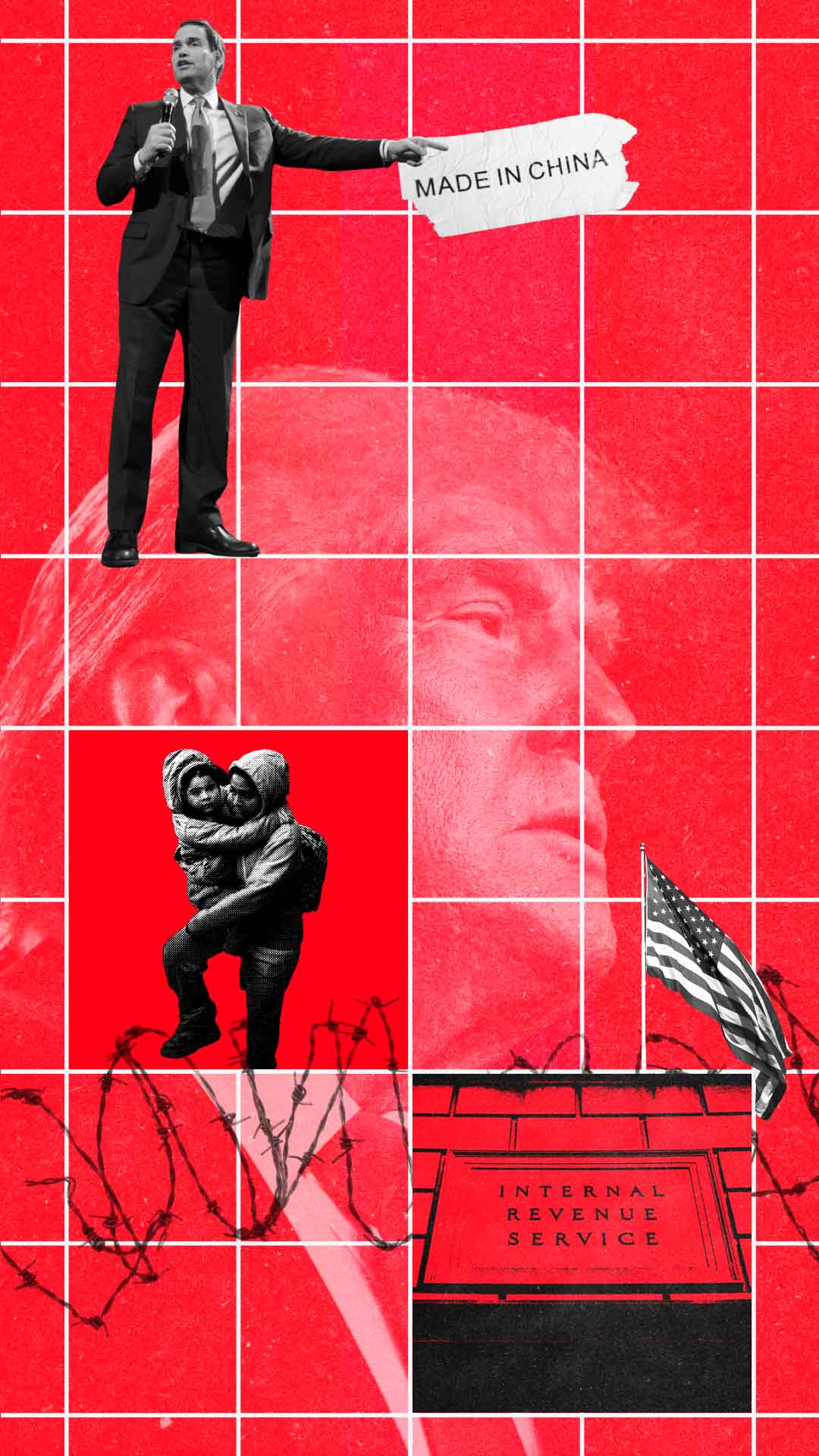

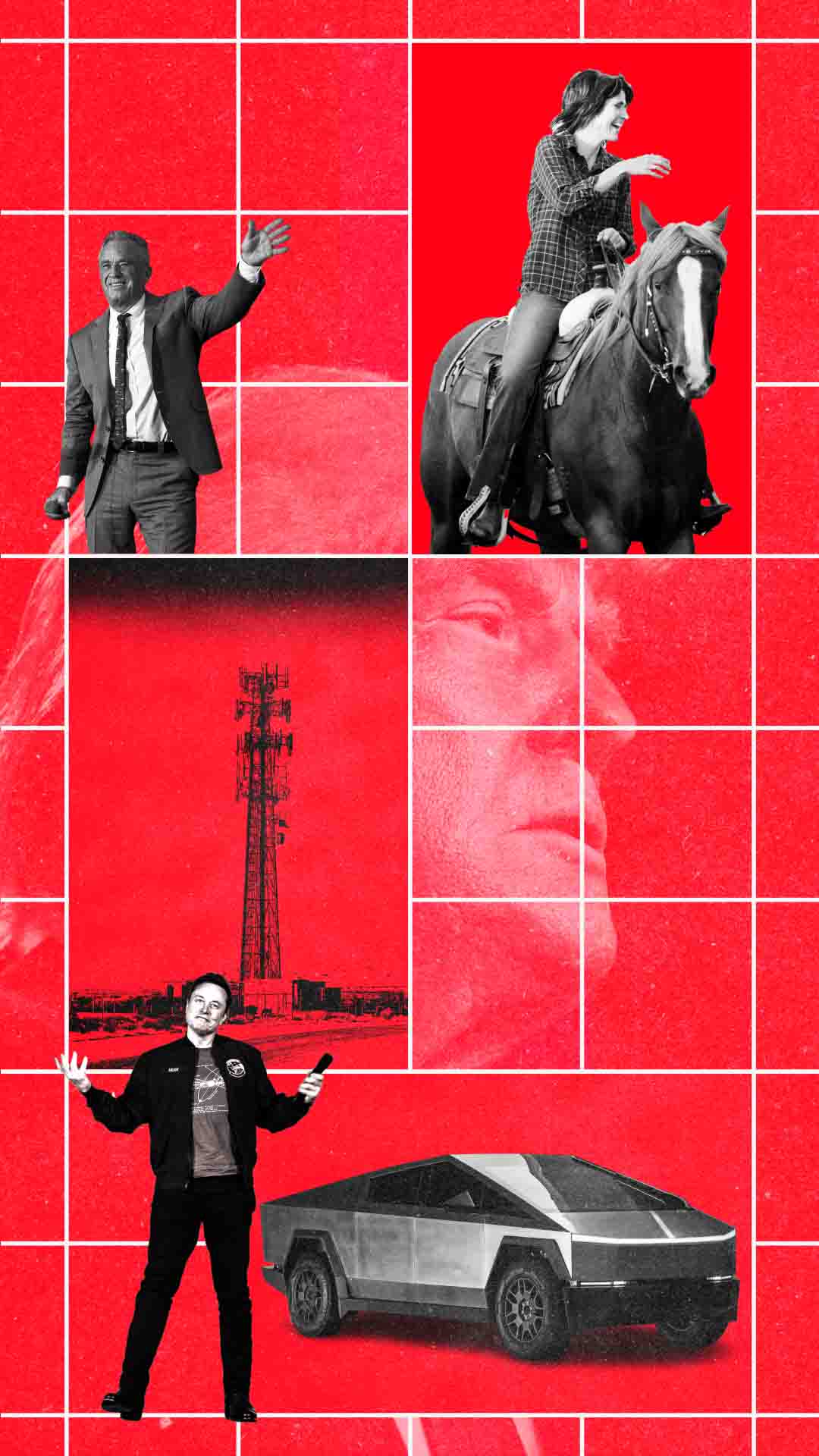
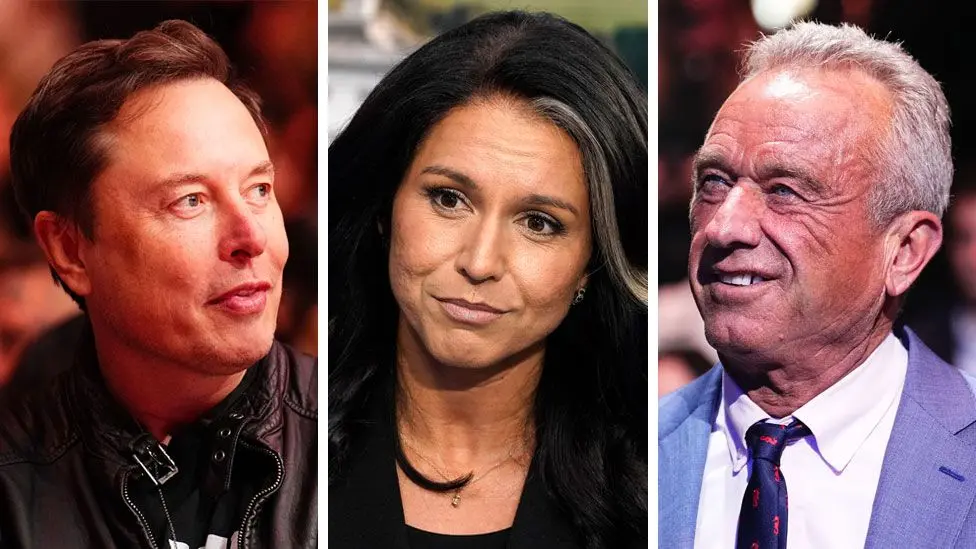 Trump Cabinet: Who has joined his team so far?
Trump Cabinet: Who has joined his team so far?
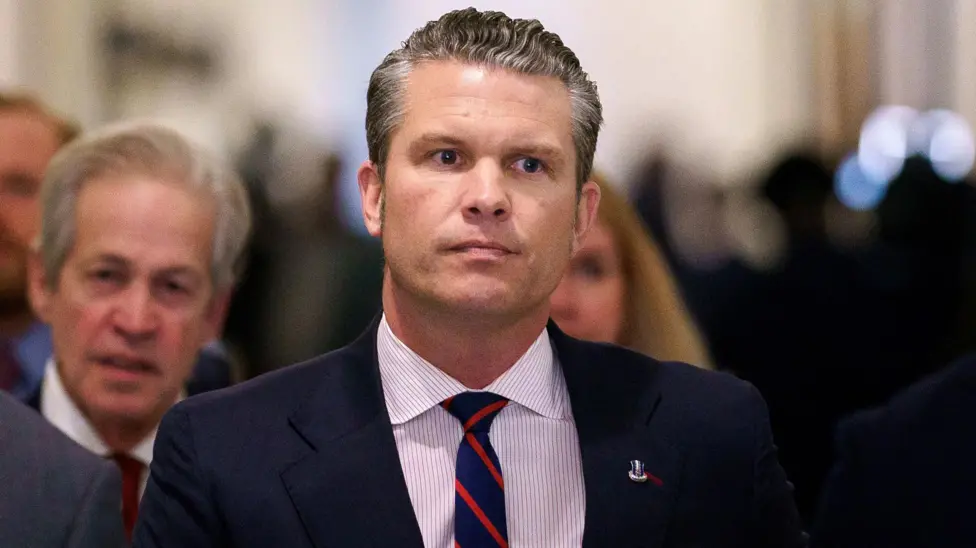 Trump cabinet nominees battle misconduct claims and controversy
Trump cabinet nominees battle misconduct claims and controversy
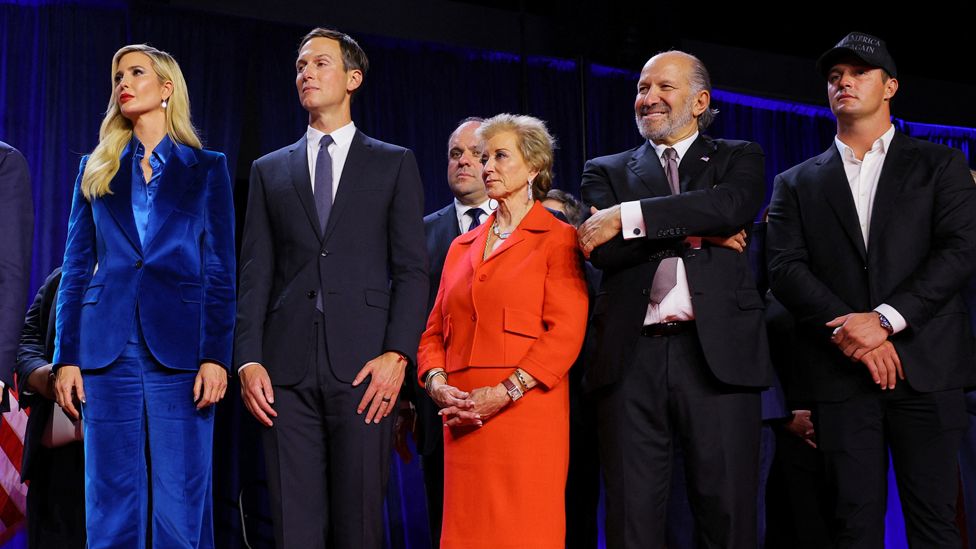 Ivanka, Melania, a golf champion: Who was in Trump’s huge victory entourage?
Ivanka, Melania, a golf champion: Who was in Trump’s huge victory entourage?